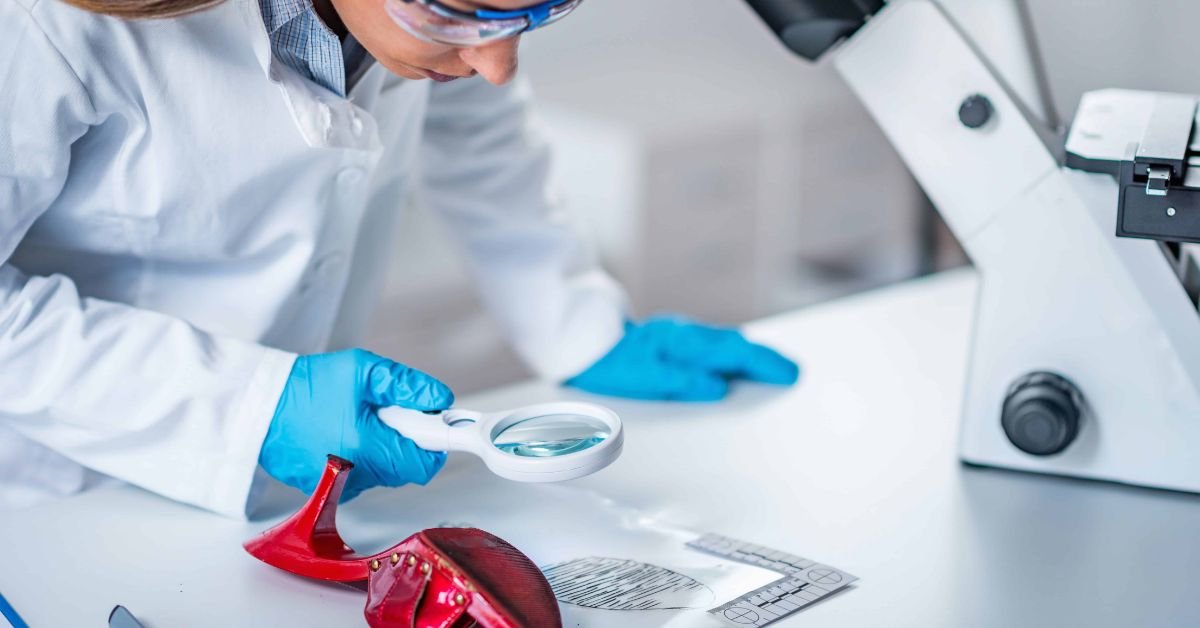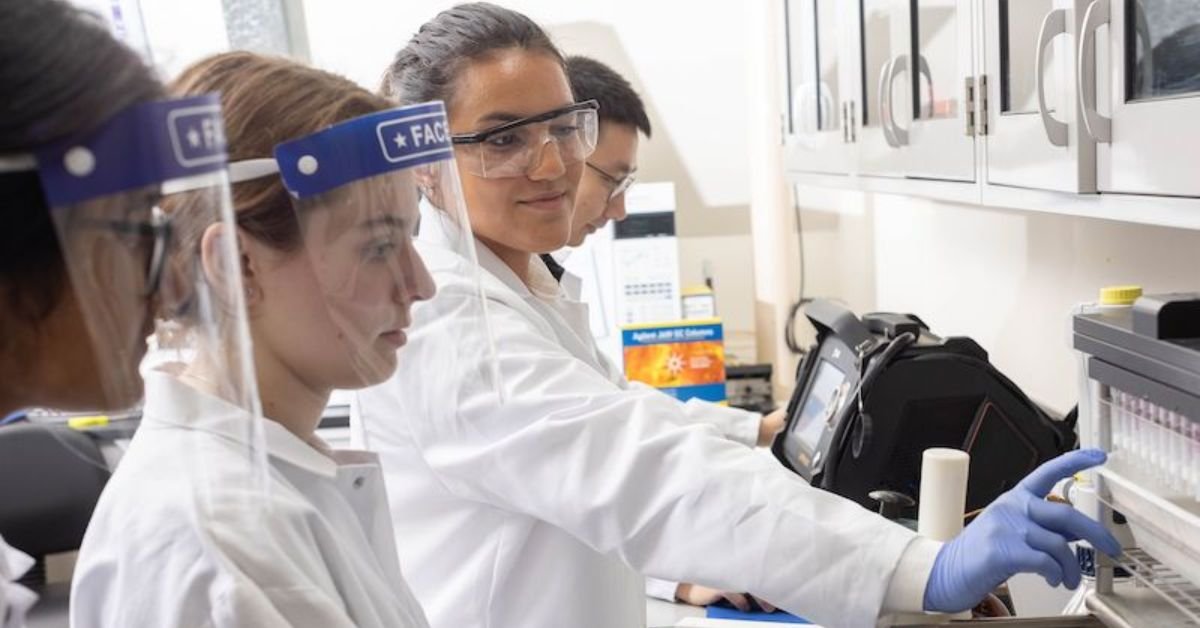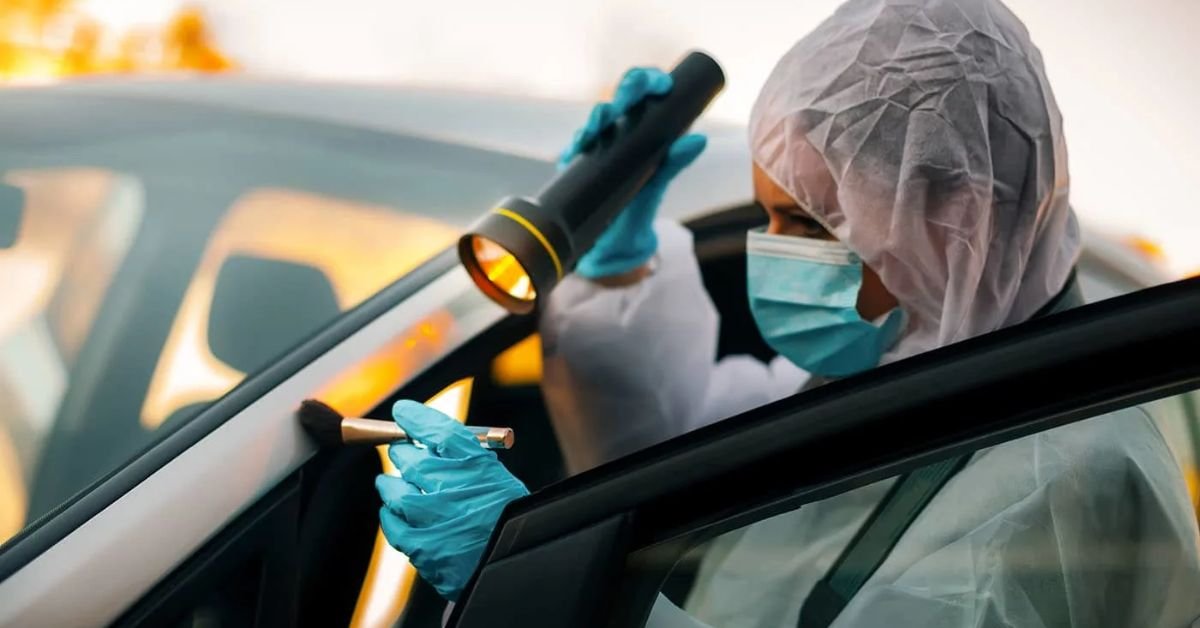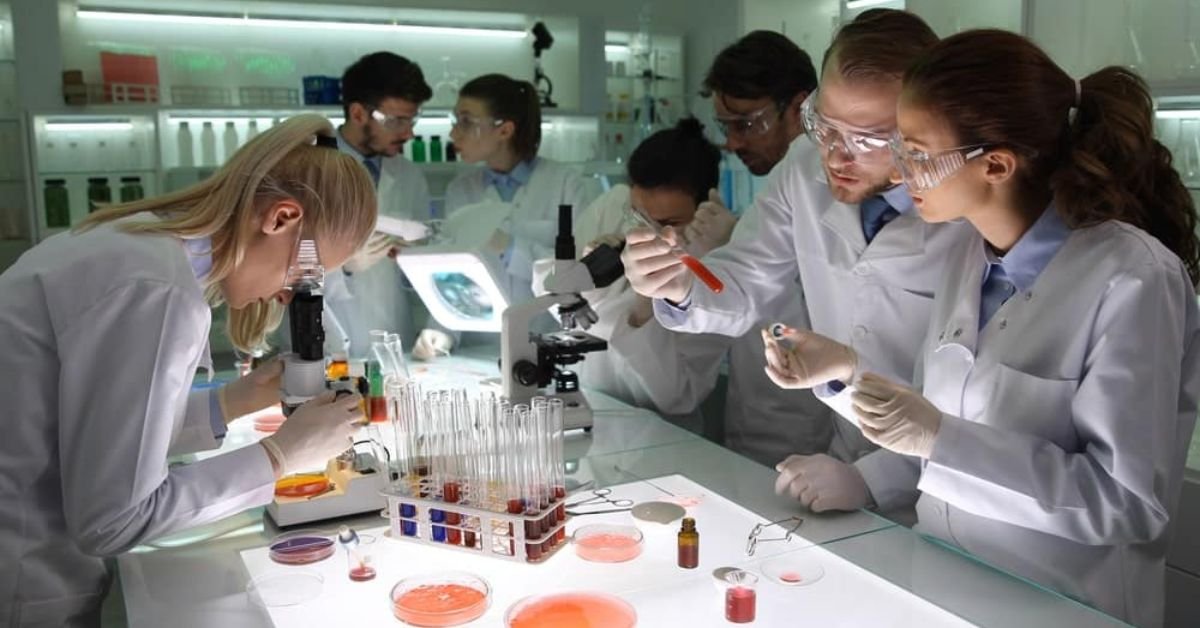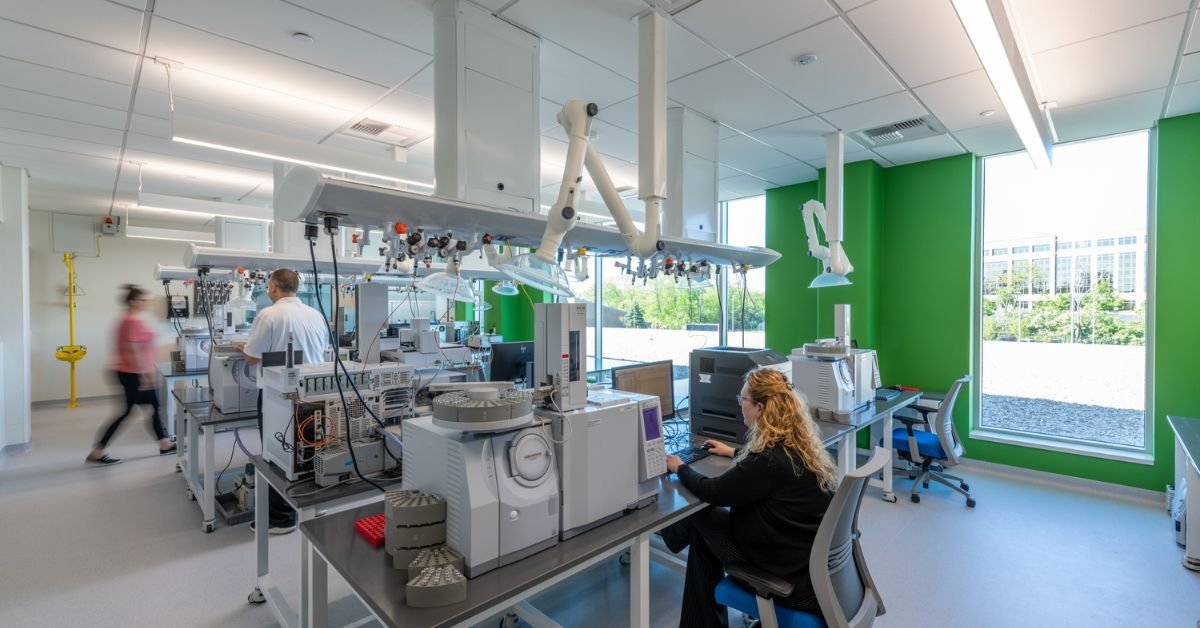Forensic laboratory jobs in Florida form a critical component of the state’s criminal justice and medicolegal infrastructure. These roles involve the scientific analysis of physical, chemical, biological, or digital evidence, with findings often serving as key components in criminal investigations and legal proceedings. This article explores the major types of forensic laboratory positions available in Florida, the qualifications required, major employers, legal and ethical obligations, and future career prospects.
Types of Forensic Laboratory Positions
Forensic laboratories in Florida employ a variety of specialists who examine diverse forms of evidence. Below is a summary of key roles commonly found across state-run and local forensic laboratories:
| Job Title | Primary Responsibilities |
|---|---|
| Forensic Scientist | Conducts laboratory-based analysis on evidence, such as bodily fluids, fibers, and residues. |
| Latent Print Examiner | Analyzes fingerprints, palm prints, and impressions for identification purposes. |
| DNA Analyst / Serologist | Examines biological samples using serological and genetic testing techniques. |
| Toxicologist | Detects and interprets presence of drugs, alcohol, and poisons in biological specimens. |
| Firearms & Toolmark Examiner | Compares ballistic and toolmark evidence using microscopic and instrumental analysis. |
| Trace Evidence Examiner | Analyzes materials such as hair, paint, glass, and fibers. |
| Digital Forensics Analyst | Investigates electronic devices and recovers digital evidence. |
| Quality Assurance Specialist | Maintains adherence to laboratory standards, audits procedures, and ensures accreditation. |
Each of these roles supports investigations by applying validated scientific methods to interpret material evidence. Technicians and analysts often specialize in one area but may cross-train in related disciplines depending on agency structure.
Educational and Technical Qualifications
Minimum Education Requirements
Most forensic lab jobs in Florida require at least a bachelor’s degree in a relevant scientific or technical field. Typical fields of study include:
- Forensic Science
- Biology or Molecular Biology
- Chemistry or Biochemistry
- Criminalistics
- Toxicology
- Computer Science (for digital forensics roles)
For positions such as DNA analyst or toxicologist, a bachelor’s degree in biology or chemistry is essential, often with coursework in genetics, analytical chemistry, and molecular techniques. Entry-level positions may accept general science degrees with demonstrated laboratory skills.
Advanced Degrees and Specialization
Higher-level or supervisory positions may require a master’s degree in forensic science or a specialized discipline. Graduate education can enhance laboratory competency in complex areas such as forensic DNA interpretation, pharmacokinetics, or analytical instrumentation.
Some institutions in Florida offering forensic-related programs include:
- Florida International University (FIU) – Offers undergraduate and graduate programs in forensic science
- University of Central Florida (UCF) – Known for its nationally accredited forensic science bachelor’s degree
- University of Florida (UF) – Offers an online master’s in forensic science
Certification and Laboratory Accreditation
Professional Certification
Certification is not universally required but is strongly recommended and often preferred by employers. Recognized certifying organizations include:
- American Board of Criminalistics (ABC) – Offers certifications in molecular biology, drug chemistry, and trace evidence
- American Board of Forensic Toxicology (ABFT) – Certifies forensic toxicologists for postmortem and antemortem testing
- International Association for Identification (IAI) – Certifies latent print examiners and crime scene analysts
- International Society of Forensic Computer Examiners (ISFCE) – For digital forensic certifications such as Certified Computer Examiner (CCE)
Candidates must meet educational and experience requirements and pass written or practical exams to earn credentials.
Laboratory Accreditation
Florida’s public forensic labs operate under accreditation standards such as ISO/IEC 17025, administered by organizations like the ANSI National Accreditation Board (ANAB) or American Society of Crime Laboratory Directors/Laboratory Accreditation Board (ASCLD/LAB). Accreditation ensures:
- Quality control and proficiency testing
- Adherence to validated methodologies
- Reliable and reproducible results
- Competency of personnel
Compliance with accreditation is essential for admissibility of forensic evidence under Florida’s rules of evidence.
Major Employers of Forensic Lab Personnel in Florida
1. Florida Department of Law Enforcement (FDLE)
FDLE operates six regional crime laboratories in Tallahassee, Orlando, Tampa, Jacksonville, Pensacola, and Fort Myers. These labs provide forensic services in:
- DNA and biology
- Drug chemistry
- Firearms examination
- Toxicology
- Latent print analysis
- Digital evidence
FDLE employment standards include thorough background checks, drug testing, and continuing education for lab analysts. Job postings are accessible via fdle.state.fl.us.
2. Medical Examiner Offices
Florida’s 25 medical examiner districts employ toxicologists, histologists, and forensic technicians who work in postmortem settings. These professionals assist in determining cause and manner of death through laboratory analysis of biological samples and autopsy support.
3. Local Police and Sheriff’s Offices
Larger agencies such as the Miami-Dade Police Department, Palm Beach County Sheriff’s Office, and Orange County Sheriff’s Office may maintain in-house laboratories or collaborate with regional crime labs. They employ forensic chemists, analysts, and quality managers.
4. Federal Agencies and Contractors
Federal offices located in Florida, including the FBI, DEA, ATF, and Homeland Security Investigations, hire forensic analysts in specialized fields or contract work through regional facilities. Some positions may require U.S. citizenship and security clearance.
5. Private Forensic Laboratories
Private labs offer services in DNA testing, paternity verification, toxicology, and digital forensics. While not involved in criminal investigations directly, they may be contracted for civil cases or as expert witnesses. Examples include DNA Labs International in Deerfield Beach and Axis Forensic Toxicology.
Legal and Ethical Standards
Forensic professionals must operate under strict legal and ethical frameworks. In Florida, key legal references include:
- Florida Statutes, Chapter 90 – Evidence Code: Governs admissibility, chain of custody, and expert witness testimony
- Florida Rules of Criminal Procedure: Sets procedures for disclosure and examination of forensic evidence
- Daubert Standard (Fla. Stat. § 90.702): Requires expert testimony to be based on scientifically valid reasoning and methods
Forensic lab employees may be called to testify in court and must maintain objectivity, confidentiality, and transparency. Ethical misconduct, evidence tampering, or failure to comply with protocols can result in dismissal, criminal liability, or disqualification of evidence.
Career Outlook and Compensation
According to the U.S. Bureau of Labor Statistics (BLS), the median annual wage for forensic science technicians in Florida is approximately $63,000 as of 2024. Salaries vary based on specialization, education level, experience, and geographic location. For instance:
- Entry-level forensic technicians: $45,000 – $55,000
- Mid-level analysts or specialists: $60,000 – $75,000
- Supervisors or senior scientists: $80,000+
The field is expected to grow 11% nationally between 2022 and 2032, faster than the average for all occupations, with increasing reliance on forensic evidence and emerging technologies such as next-generation DNA sequencing and AI-assisted digital forensics.
Conclusion
Forensic laboratory jobs in Florida are intellectually demanding, technically advanced, and central to the state’s criminal justice system. Successful candidates must meet rigorous educational standards, obtain professional certifications, and commit to continuous learning and ethical conduct. Employment opportunities exist at the state, county, and federal levels, with competitive compensation and significant career mobility. As forensic science continues to evolve, Florida remains a robust and dynamic environment for qualified forensic laboratory professionals.
References
- Florida Department of Law Enforcement (FDLE). (2024). https://www.fdle.state.fl.us
- Florida Statutes, Chapter 90 – Evidence Code. http://www.leg.state.fl.us/Statutes/
- American Board of Criminalistics (ABC). https://www.criminalistics.com
- American Board of Forensic Toxicology (ABFT). https://www.abft.org
- U.S. Bureau of Labor Statistics. Forensic Science Technicians. https://www.bls.gov/ooh/life-physical-and-social-science/forensic-science-technicians.htm
- International Association for Identification (IAI). https://www.theiai.org
- University of Florida – Forensic Science Program. https://forensics.med.ufl.edu
